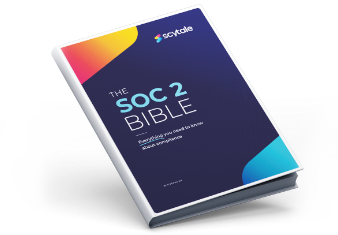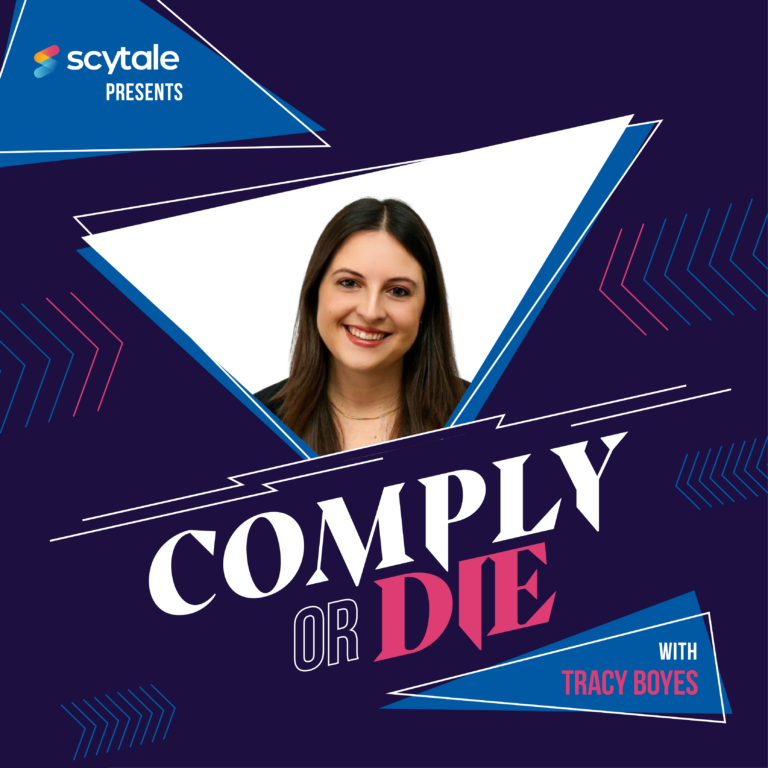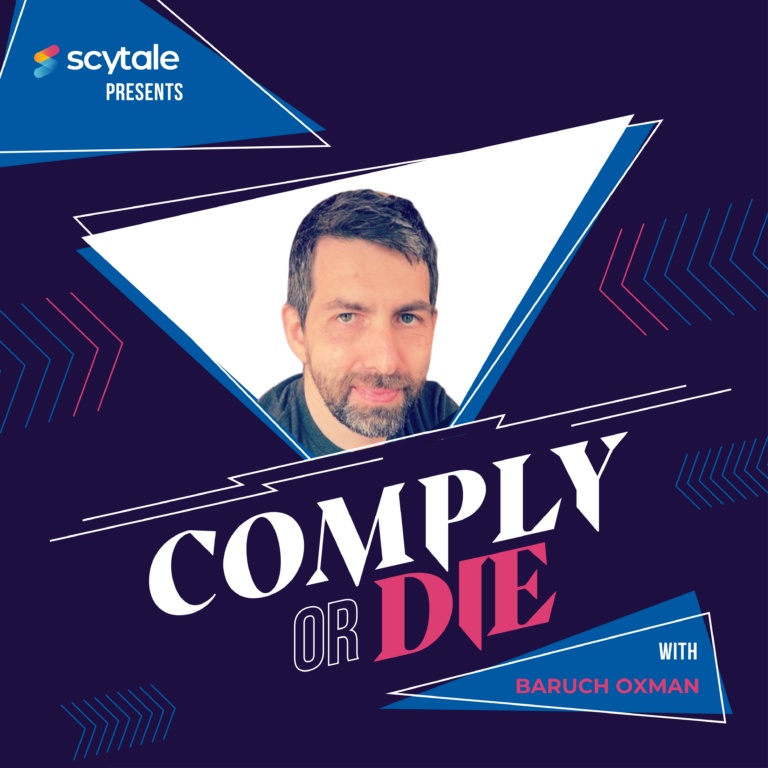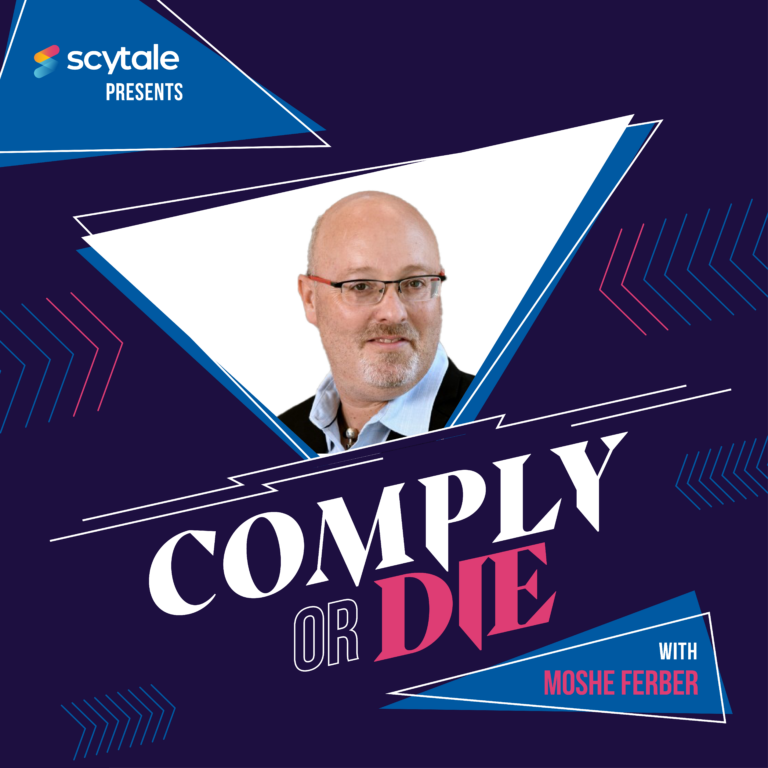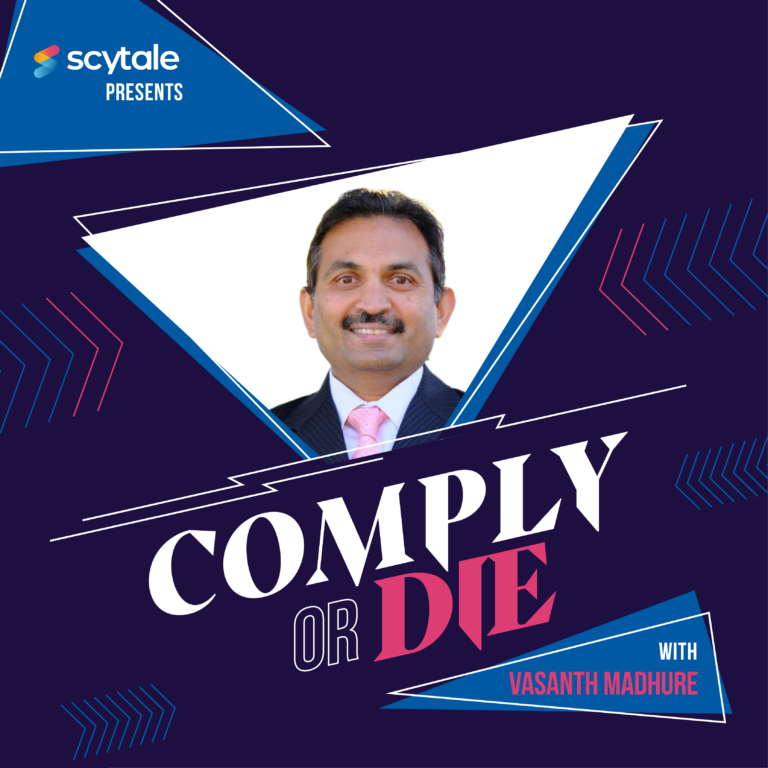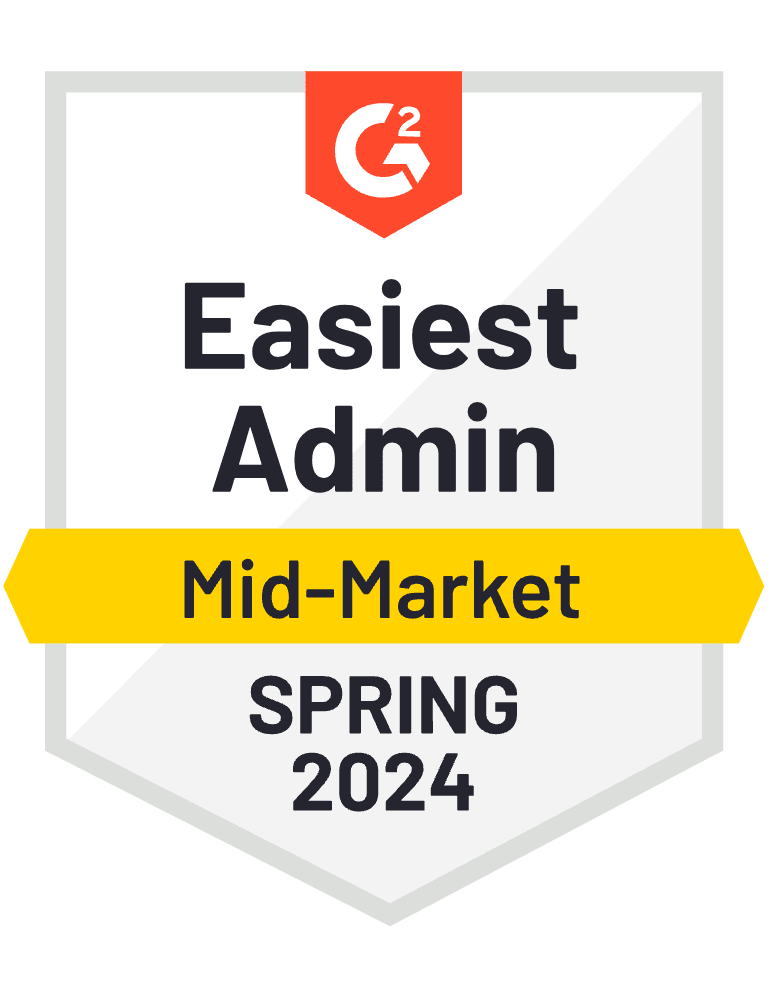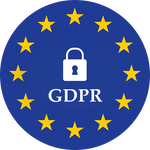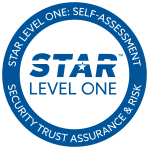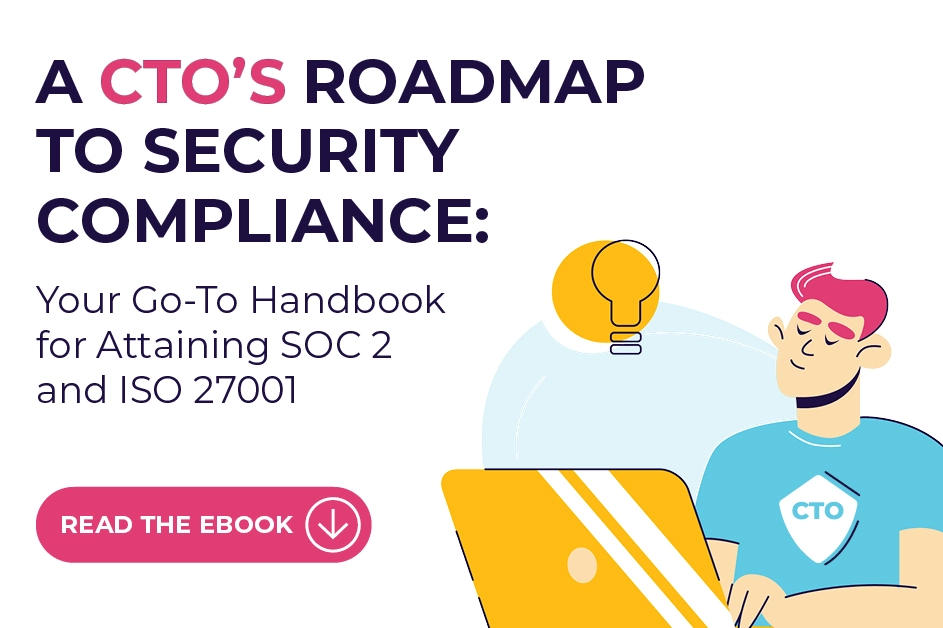Dave Hatter has over 30 years of experience in the IT and cybersecurity space. He started out as a software engineer but transitioned into cybersecurity around 5 years ago due to a desire to raise awareness about the importance of security as technology becomes more integral to society. Dave notes that many developers do not prioritize security, and there is not enough emphasis on it in programming courses.
Dave believes compliance frameworks are helpful for informing an organization’s security approach, but compliance does not necessarily equal security. The frameworks provide useful information but companies still need to properly configure and utilize the available tools and controls.
When it comes to privacy issues, Dave thinks more regulation is needed to protect consumers who are often unaware of how their data is being collected and used by companies. However, he notes there are still many simple security measures even small businesses can implement using free or low-cost tools. These include enabling multi-factor authentication, using a password manager, installing antivirus software, and leveraging security capabilities in cloud platforms like Microsoft 365.
There are many career opportunities in the cybersecurity field for both technical and non-technical roles. Dave recommends starting with the many free online courses and resources available to gain knowledge and build skills in the space.


